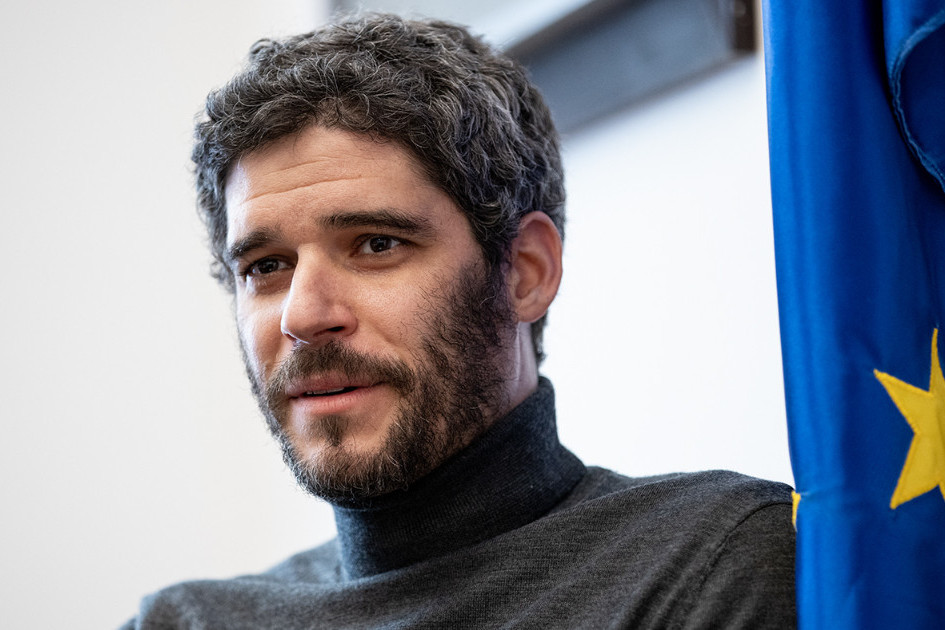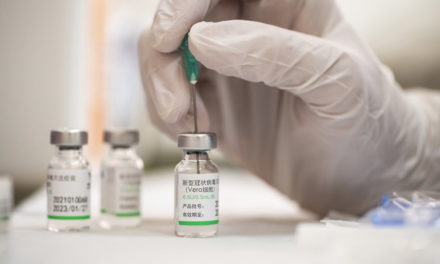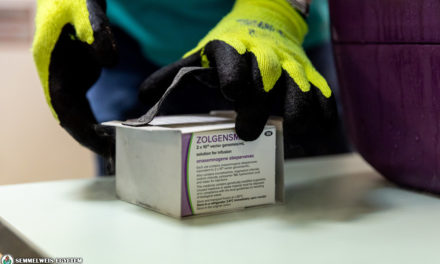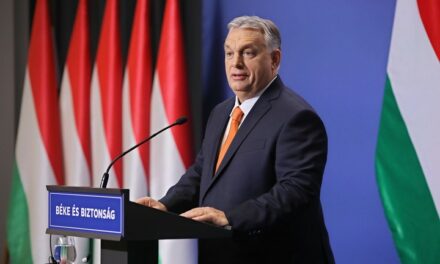In recent months, more evidence has emerged that a Soros-style takeover is taking place in Poland, which Brussels is also assisting. It is fitting that Dávid Korányi's Action for Democracy organization, which appeared in an international organization with the two Soros, financed the Polish left-liberal side from abroad. The organization of the former chief adviser of Gergely Karácsony has already reported on the support of 15 Polish activist groups in recent weeks, Magyar Nemzet .
The change of government took place in Poland at the end of 2023, which also marked the return of the Soros network in the country. The management of the public media was removed in a coup, illegally, with the help of hit men, and replaced by people with old Soros connections.
The Minister of Justice of the new government was Adam Bodnar, who previously wrote a joint study with Gerald Knaus, Soros' conductor Bodnar continued his studies at CEU, known as the Soros University, worked at the Helsinki Commission between 2004 and 2015, and also visited the Polish Báthory Foundation (Batory Foundation), founded by Soros.
It is also worth mentioning here that the Soros network acquired several media outlets in Poland before last year's election campaign. The billionaire speculator's media construction has been going on for years in the largest state of our region. In relation to Polish media relations, it is important to know that according to the 2023 media market report of the Reuters Institute, the TV channel with the largest reach has been American, and the radio with the largest reach has been in German hands.
In 2019, a fund linked to György Soros also acquired a significant part of the second largest Polish radio network "for the sake of security". The Soros network has also owned Gazeta Wyborcza, the country's largest public daily newspaper, for several years. Last year, the media consortium Pluralis, partly owned by György Soros, acquired a majority stake in the publisher of Rzeczpospolita, the second largest public newspaper.
After all this, it is not surprising that Dávid Korányi, who cooperates with György Soros and his son, Alex Soros in the ECFR organization, and Gergely Karácsony's former chief advisor at the town hall, has also been active in Poland.
According to the first reports, Korányi supported 12 Polish NGOs before last year's elections in Poland through Action for Democracy. The beneficiaries helped the campaign of liberal political forces.
According to the confession of the Akcja Demokracja (Democratic Action), the Korányis received money from them to "broaden citizen involvement and encourage democratic participation." Fundacja Inicjatywa Wschód (Eastern Initiative Foundation) was given an educational task in climate policy, and they were also funded to promote the participation of young Polish women in democratic processes. The Ogólnopolski Strajk Kobiet (Women's National Strike) foundation was also financed from abroad citing similar reasons.
Fundacja Liberté! (Freedom Foundation) specifically received money from the Korányis "to mobilize Polish citizens to participate in the 2023 parliamentary elections with a campaign called Turning Point". The group called "Odważysz Się" ("Mersz") was also paid from abroad for practically the same reason.
A separate team handled the mobilization of young people, apparently for the benefit of the left-liberal side. Stowarzyszenie 61 (61 Association) clearly facilitated the "information and mobilization" of young people through social media from Korányi's donation.
As in Hungary, here too, a separate legal entity, the NGO Lubelski Osrodek Samopomocy (Lublin Self-Help Center), was fattened with money to monitor the regular, transparent and fair conduct of the elections.
Dávid Korányi, who was presented as the president of Action for Democracy, was quoted in an article by PolskieRadio24.pl: "Action for Democracy is proud to be able to support non-partisan NGOs that are working to protect the hard-won freedom of Poles [...] their voice will be crucial in this historic moment of strengthening Polish and Central European democracy."
It can therefore be seen that the Korányis did not deny it, but - albeit with different general descriptions - admitted their intention to intervene. On the website of Action for Democracy, in addition to Italy, Brazil and Hungary, Poland was also identified as a key battleground.
At the same time, Korányi's relations with Poland are not new. In 2015, Korányi also signed the letter of the Báthory Foundation calling for the acceptance of migrants. In addition, Action for Democracy has been dealing with Poland since the elections. Accordingly, in their recently published year-end review, the Polish elections were included, and although they previously talked about the support of 12 Polish organizations, in the review they already write about the support of 15 organizations.
Cover image: (Source: Wikipedia)












